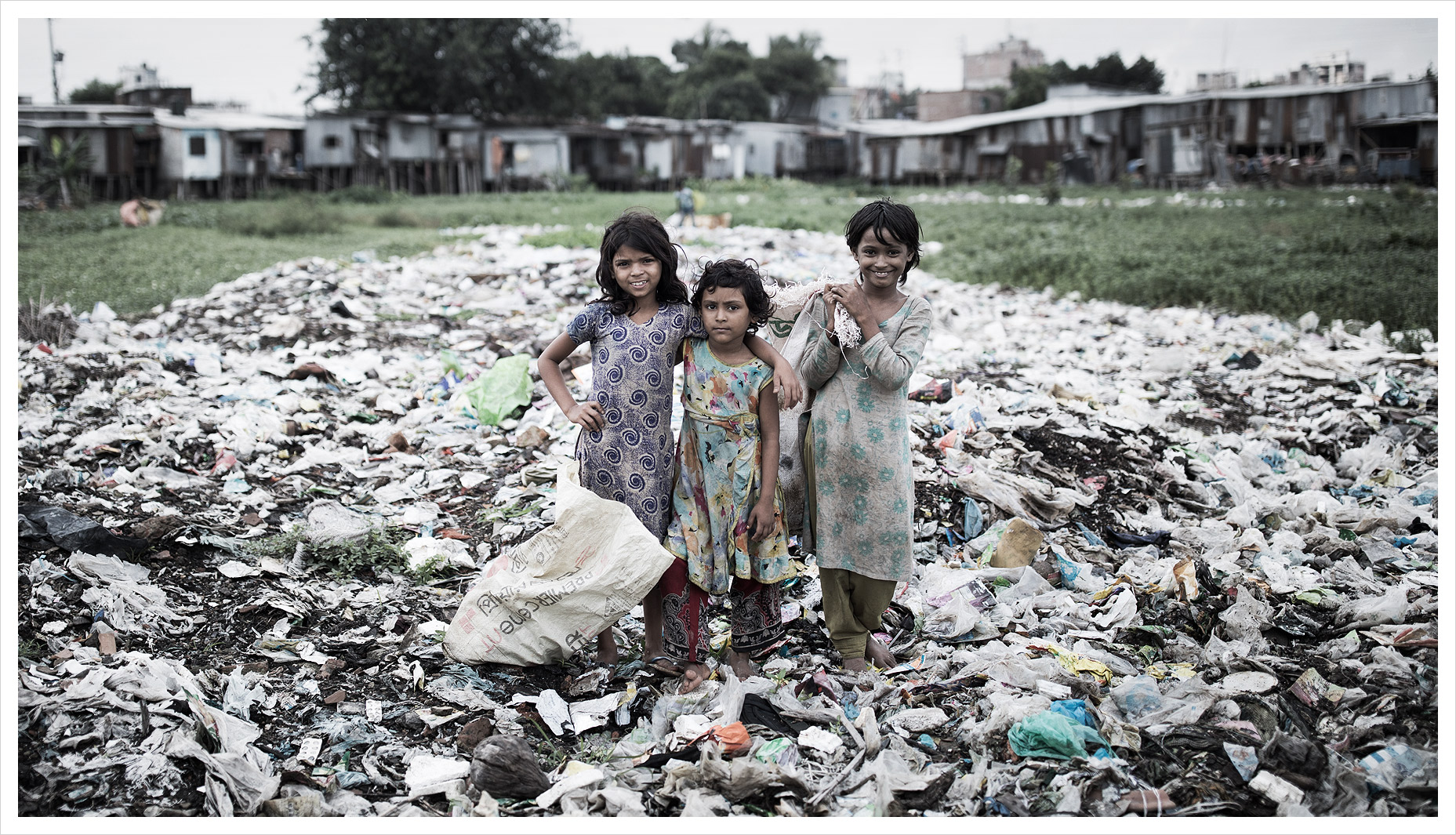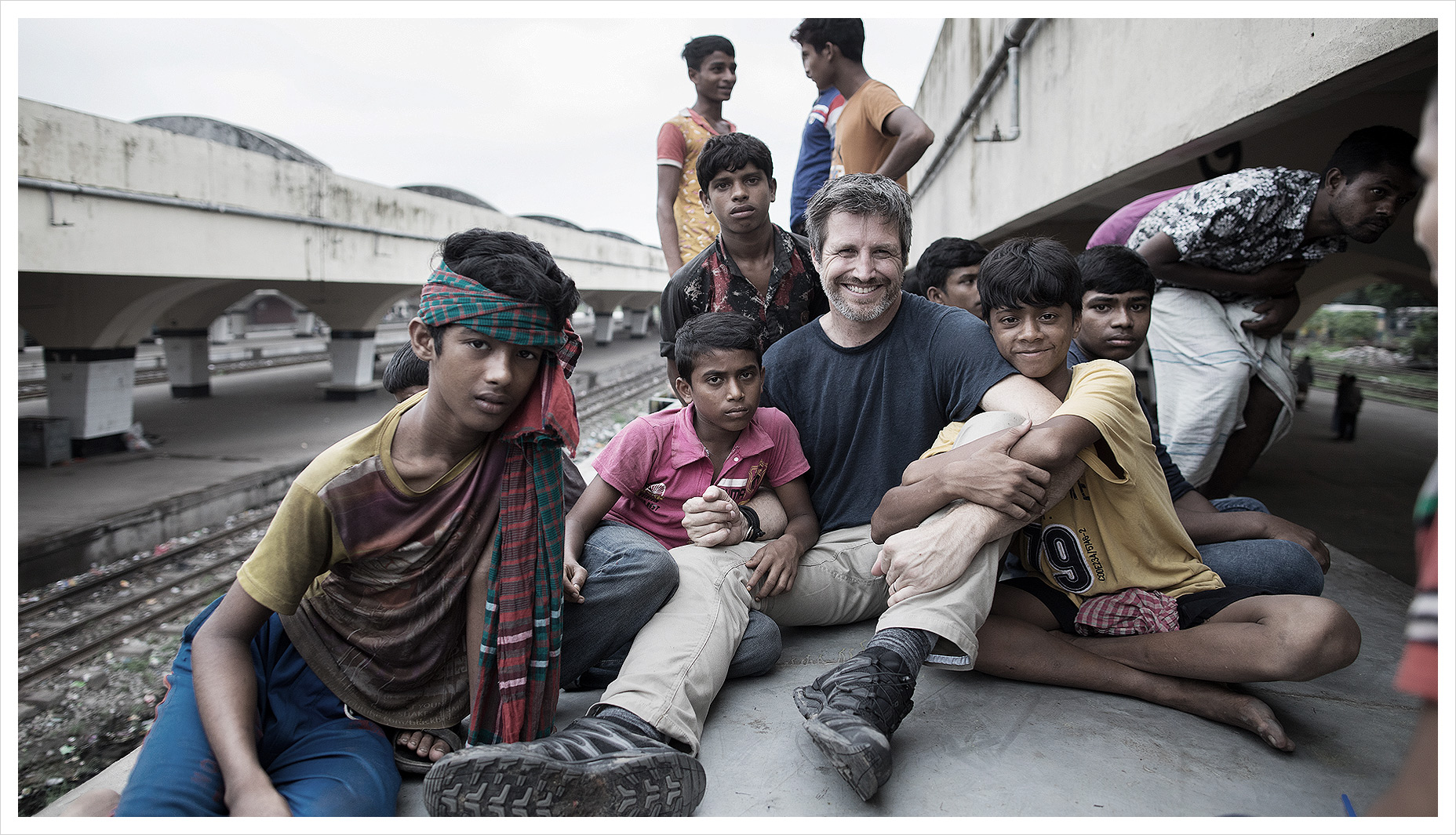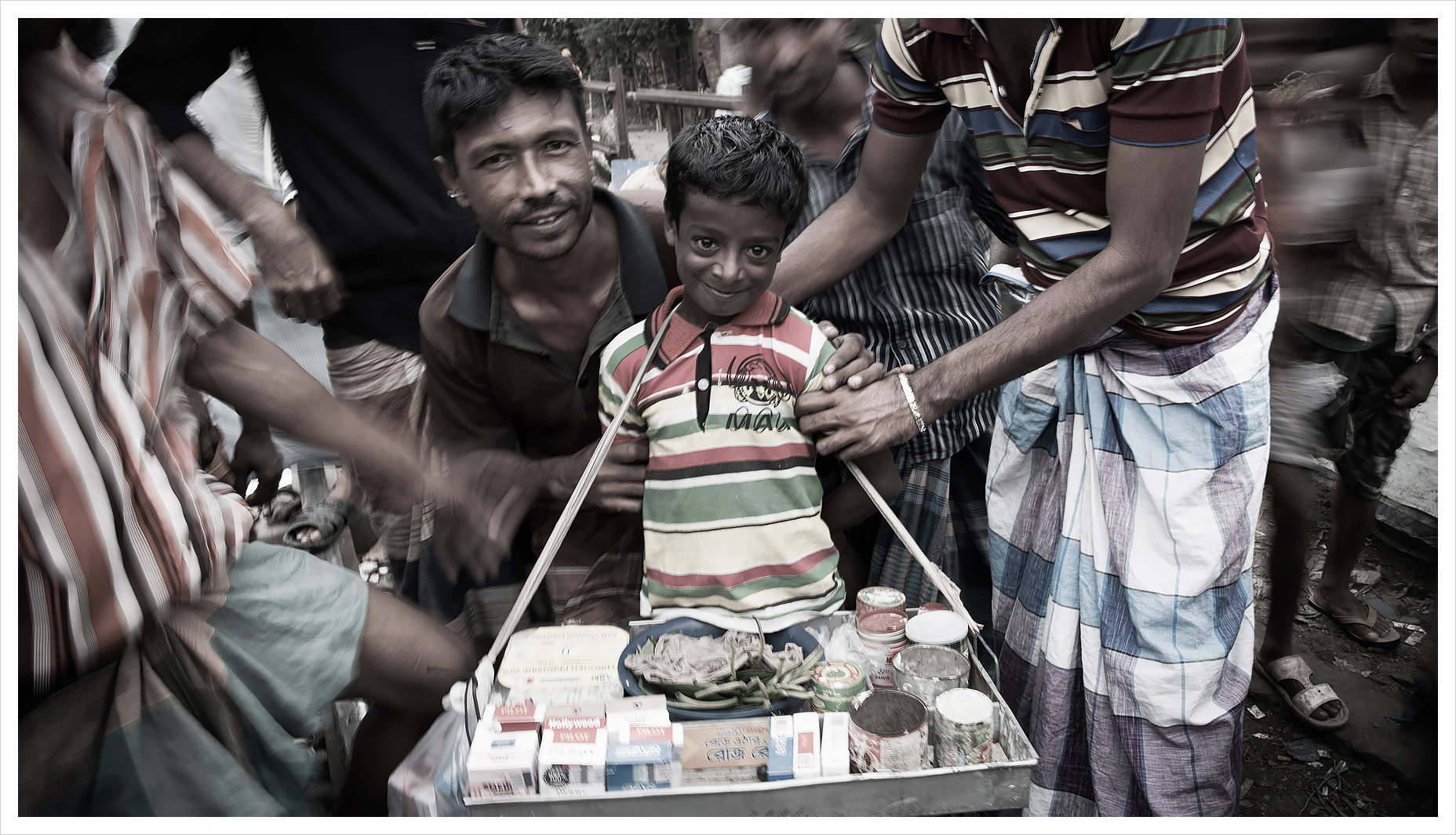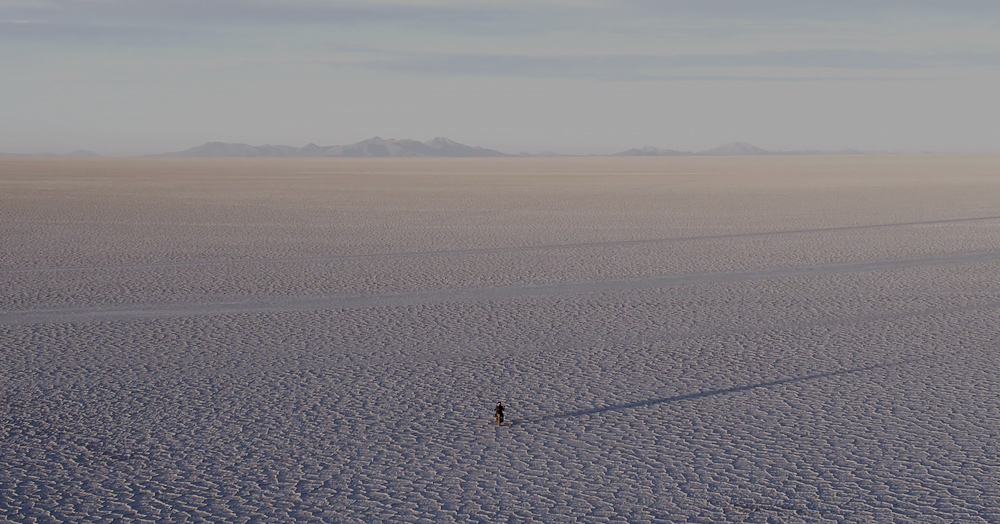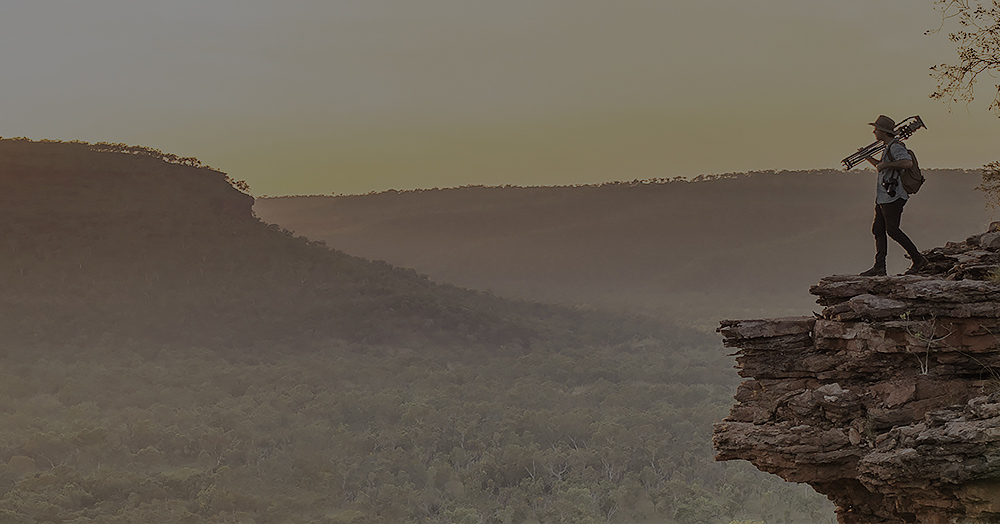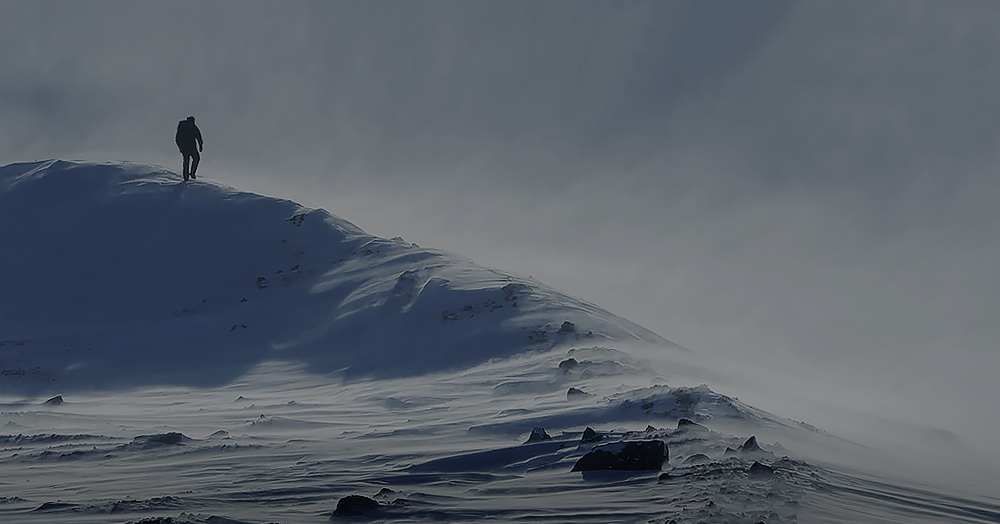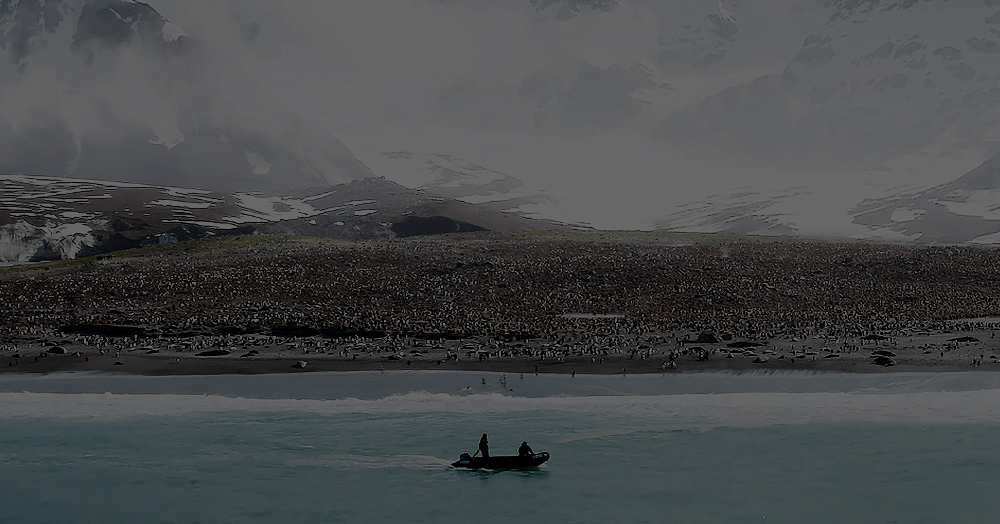01
THE PROJECT
Simon Lister is a man that proves you don’t have to be a professional to have your photographs make an impact. Simon’s journey began by simply recording the people he met whilst travelling the world on annual escapes. Simon’s warmth and empathy saw him gain the trust of many different people and, as a result, meant he captured really powerful portraits. Somehow these images made their way across the desk of the dedicated people at the global children’s charity – UNICEF.
He then agreed to undertake annual assignments for the organisation, capturing the humanity of many of the world’s most disadvantaged children. This episode follows the journey of one such assignment – focusing on the conditions many children face working in Bangladesh. Child labour continues to be a huge problem in many parts of the world. Without programs like this one, the problem will remain in the shadows.
Orlando Bloom’s inclusion in our shoot was a last minute bonus. He has over a decade now of working with UNICEF and has been, perhaps, their most travelled ambassador. He uses his profile to bring huge numbers of his following to the issues that UNICEF faces, so we are encouraged that his involvement in this film will help it reach many more people. To Orlando’s credit, he was also very willing to join us in even the most challenging and dangerous situations, including riding with children on top of a train through the Dhaka.
